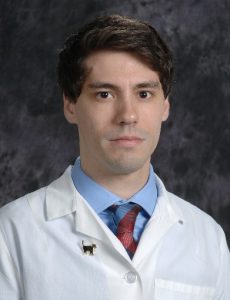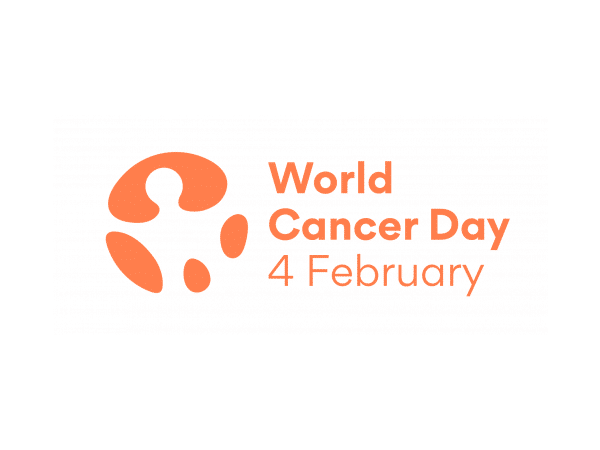AACR Welcomes First Science Policy Fellow
Editor’s note: This version corrects a minor technical error.
By Tod Guidry, PhD
Policy plays a critical role in the fight against cancer, influencing the funding of cancer research and driving the approval of safe and effective anticancer therapies. With the increasing complexity of cancer-related policy issues, the need for active engagement of cancer researchers and physician-scientists in the policymaking process has never been greater.
To this end, the American Association for Cancer Research (AACR) established a science policy fellowship designed to provide early-career cancer researchers with the information and tools necessary to advocate effectively for increased federal funding for cancer research and related biomedical sciences, as well as to support policies that are both science-based and patient-centered. As the inaugural AACR Science Policy Fellow, I’m excited to apply my cancer research expertise to policy issues and to experience policymaking firsthand.
While I was pursuing my PhD, studying co-infection of cancer-causing viruses, I dedicated my time outside the lab to communicating science policy-related issues to the public. I wrote an op-ed in the Shreveport Times describing the call to action that led to the 2017 March for Science. I also volunteered for the campaigns of pro-science political candidates. As I gained experience communicating about science and policy, I reconsidered my career goals and began charting a path away from academia.
Shortly after I earned my PhD, I received an email from the AACR’s Chief Executive Officer, Margaret Foti, PhD, MD (hc), in which she informed AACR members about a new program: the science policy fellowship. I felt that this fellowship could be a golden opportunity for me to transition my career from the lab bench to the front lines of Washington, D.C., policy offices. The fellowship application and selection processes were rigorous. After working to perfect multiple writing samples and participating in two in-depth interviews, including one with the highest levels of AACR leadership, I was thrilled to be chosen as the association’s first science policy fellow.
Through this fellowship, I expect to gain well-rounded experience that will help me identify both my specific interests and long-term career goals within the field of cancer science. I’m especially excited to learn from my diverse group of colleagues in the AACR Office of Science Policy and Government Affairs. They possess great expertise in a range of areas, including science and health policy, regulatory science, and congressional relations. Additionally, I’m looking forward to taking the opportunity the fellowship provides to work in a Congressional office on cancer research-related policy issues and a government agency such as the U.S. Food and Drug Administration (FDA) or the National Cancer Institute.
In just the first six weeks of my fellowship, I’ve already had the opportunity to gain knowledge and contribute to AACR’s actions on some key policy issues, including our efforts to reverse the rapid use in e-cigarettes by our nation’s youth and young people, as well as develop effective strategies to increase the uptake of human papillomavirus (HPV) vaccination.
Addressing the epidemic of e-cigarette use among American youth through regulatory and legislative means is something I have been interested in since the FDA began taking action against e-cigarette marketing and sales to kids last year. Policy decisions regarding HPV-related cancers are also of interest to me, because HPV is one of the viruses on which my doctoral research was focused. Since starting the fellowship, I’ve attended a Congressional briefing co-hosted by the AACR that brought together experts in cancer research and public health to discuss the steps necessary to end HPV-related cancers. I’ve also met with Congressional staff on Capitol Hill to discuss the importance of treatment, screening, and prevention of HPV-associated cancers.
I wish to thank the AACR for this unique and fantastic opportunity, and I am honored to represent the AACR during the next two years.




